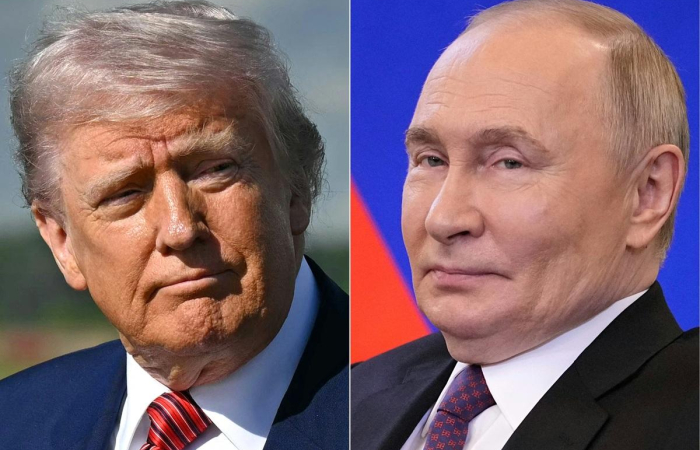The Nato Summit held in The Hague on 24-25 June was a failure, wrapped in success. It was a success because it avoided public display of divisions, mainly by avoiding issues: it was the shortest summit anyone can remember; it also had a very short final statement that basically had two points, the first a re-commitment to article 5 of the North Atlantic Charter and the principle that an attack on one will be considered an attack on all. The fact that Nato leaders in the Hague had felt the need to re-emphasise this should be a cause of worry, not celebration, but in the end, it is good that it was said. The second outcome, the one that received most attention, was the commitment of European countries to spend more on their defence: 5 per cent of GDP, of which 3.5 per cent on hard defence, and 1.5 per cent on related ancillary areas such as infrastructure. You may, if you want, believe that this was a response to US President Donald Trump's insistence. Or, if you are more prudent, understand that countries that matter – Germany, France, Poland and the Scandinavian countries had decided on this course of action quite separately, and as a response to Russia’s invasion of Ukraine, which was a wake-up call. Finland and Sweden’s decision to abandon their neutrality, and join NATO was taken long before Trump returned to the White House. The EU’s decision to spend massively on defence was always to ensure that other European countries are part of this process, willy-nilly.
The summit was a failure mainly for what it did not do. The most obvious is Ukraine. A very solid commitment to Ukraine from a Nato summit was necessary. None was forthcoming, and bilateral statements are no substitute. There are also two other conflicts on NATO’s doorstep in the Middle East: Gaza, and the far from resolved Israel-Iran conflict. Despite the fact that they are on everyone’s mind, the summit avoided discussing them.
There is then the issue of what is defence in the second quarter of the 21st century. In the latest issue of the journal Foreign Affairs, Professor Lawrence Freedman, Emeritus Professor of War Studies, at King’s College, London, argues that politicians and generals often planned for short wars, but ended up getting long ones. Wars become intractable when political and military objectives do not align, he argues. Importantly, Professor Freedman says that combat rarely resolves the root causes of disputes, and cease fires can become mere pauses that allow both sides to prepare for more fighting. “One of the great allures of military power is that it promises to bring conflicts to a quick and decisive conclusion. In practice, it rarely does”, argues Professor Freedman.
A Nato summit needed to discuss these issues. It is important that whilst Europe goes on a spending frenzy on defence, it is understood that defence in 2025 and beyond needs to be seen in a holistic manner. Conflict prevention and resolution through dialogue and peaceful means may at first look like a longer process, but in the end may be quicker, cheaper, and more sensible.
The Netherlands, as a small country with a vibrant civil society, and extensive tools for dialogue, was well placed to use the summit in The Hague to launch the conversation on NATO’s future, including how to combine hard power with soft power.
But in the end, this ended up being Mark Rutte’s summit, not the summit of the Netherlands.
Spare a thought for the former Dutch Prime Minister, whose first serious task on taking over as Secretary-General of NATO a few months ago was to manage the incoming US president, Trump. Keeping the US fully on board in a Nato framework was never going to be easy. So, from that narrow perspective, Rutte has succeeded. But his groveling to Trump, and his now infamous message to the US president, and the use of the term “daddy”, will colour Rutte’s rest of the term in office, and importantly, how European countries view him.
Most, except perhaps Donald Trump, will want to forget the Nato summit in The Hague as soon as possible.
All eyes are now on Türkiye, which will host the next NATO summit in 2026. Some may consider this a strange decision. But it may also be a wise one. It is true that Türkiye has a lot of baggage, including in its domestic politics, as well as in international relations. Yet a NATO summit in Türkiye in 2026 will serve to remind everyone, not least the Turks themselves, that they are an important NATO country.
Türkiye may also surprise us. It is too much to hope that Turkiye will do what the Netherlands did not. But neither Trump nor Rutte will mellow the Turkish agenda. In the end, therefore, the 2026 summit may end up being more important and relevant. In preparation, government leaders, diplomats, generals, and think tanks and civil society, should engage in a dialogue with Türkiye on making the 2026 Nato summit a success.






